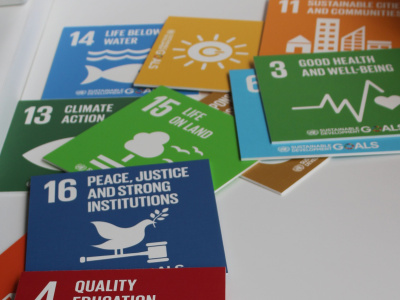
ECDPM Strategy 2012-2016: Results framework
Poverty reduction remains the principle objective of development cooperation. At the same time, development cooperation is increasingly called upon to contribute to major global transitions, a call that will require profound changes in the policies, practices and institutions of international cooperation. True to its mandate, the ECDPM identifies for 2012-2016 six global transitions that can be expected to challenge future cooperation between Europe, its member states and the countries of Africa, the Caribbean and the Pacific the most. Building upon twenty-five years of practical experience, the strategy then defines four thematic ‘lenses’ and six policy processes for the ECDPM to focus on in the next 5 years, chosen because they are at the heart of the challenges the European Union’s relations and cooperation with the countries of Africa, the Caribbean and the Pacific will face and, because of the contribution the Centre can be expected make in responding to these challenges.
The strategy underlines ECDPM's characteristic process-orientated approach and the lessons it has learned to respect when engaging with stakeholders in policy processes. ECDPM understands the design, implementation and evaluation of development policy and international cooperation as autonomous processes owned and managed by their respective stakeholders.




